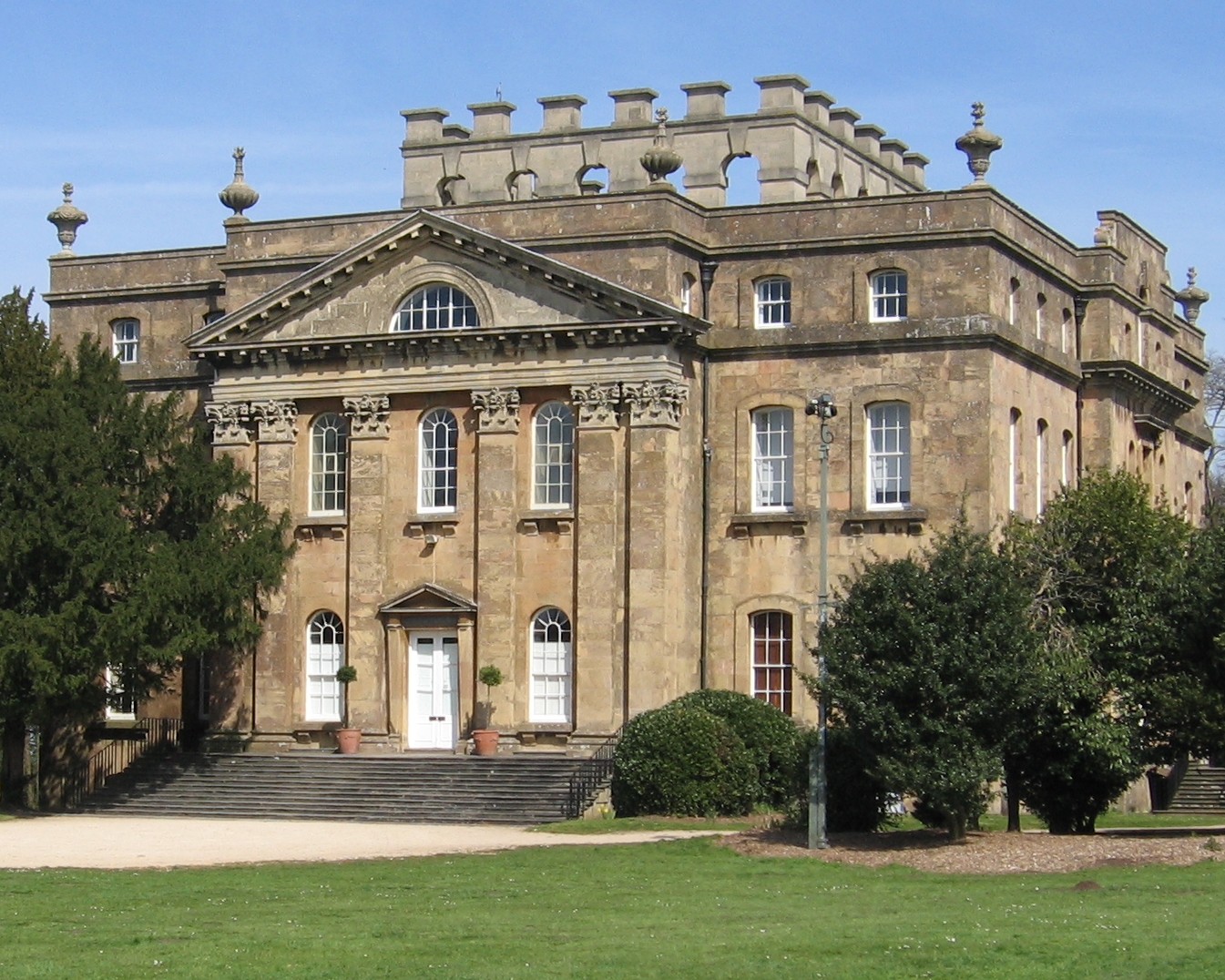|
Margaret Tufton, 19th Baroness De Clifford
Margaret Coke, Countess of Leicester (16 June 1700 – 28 February 1775) was a British peer. She was born Lady Margaret Tufton, the third daughter of Thomas Tufton, 6th Earl of Thanet by his wife Catherine, daughter of Henry Cavendish, 2nd Duke of Newcastle-upon-Tyne. On 3 July 1718, she was married to Thomas Coke. Their only child Edward was born on 6 February 1726. Coke was raised to the peerage as Baron Lovel on 28 May 1728 and his wife became known as the Lady Lovel. On 30 July 1729, her father Lord Thanet died. He was also 18th Baron de Clifford, and as he had no surviving male issue this title fell into abeyance between five co-heirs: Margaret, her two elder sisters Catherine (widow of Edward Watson, Viscount Sondes) and Anne (widow of James Cecil, 5th Earl of Salisbury), and her two younger sisters Mary (widow of Anthony Grey, Earl of Harold) and Isabella (wife of Lord Nassau Powlett). The abeyance was terminated in Margaret's favour on 3 August 1734, and she became 19 ... [...More Info...] [...Related Items...] OR: [Wikipedia] [Google] [Baidu] |
Thomas Tufton, 6th Earl Of Thanet
Thomas Tufton, 6th Earl of Thanet, 18th Baron de Clifford PC (30 August 1644 – 30 July 1729)G. E. Cokayne; with Vicary Gibbs, H.A. Doubleday, Geoffrey H. White, Duncan Warrand and Lord Howard de Walden, editors. The Complete Peerage of England, Scotland, Ireland, Great Britain and the United Kingdom, Extant, Extinct or Dormant, new ed., 13 volumes in 14 (1910-1959; reprint in 6 volumes, Gloucester, U.K.: Alan Sutton Publishing, 2000), volume III, pp. 297–298. was an English nobleman and politician. He was the fourth son of John Tufton, 2nd Earl of Thanet and his wife Margaret Sackville, Baroness Clifford and inherited the title on the death in 1684 of his elder brother Richard Tufton, 5th Earl of Thanet. Through his maternal grandmother, he was heir to the Barony de Clifford and to vast estates in Cumberland and Westmorland. He served as hereditary High Sheriff of Westmorland from 1684 to 1729. He gained the rank of captain in the service of the Troop of Horse.Charles Mosley ... [...More Info...] [...Related Items...] OR: [Wikipedia] [Google] [Baidu] |
Edward Southwell, 20th Baron De Clifford
Edward Southwell, 20th Baron de Clifford (6 June 1738 – 1 November 1777) was a British politician. Early life Southwell was born on 6 June 1738 as the only son and heir of Lady Katherine Watson and Edward Southwell Jr. (1705–1755). His father and grandfather had both served as Principal Secretary of State for Ireland. His paternal grandparents were Edward Southwell (son of Sir Robert Southwell) and Elizabeth Cromwell, 8th Baroness Cromwell. His maternal grandparents were Edward Watson, Viscount Sondes and Lady Katherine Tufton, eldest daughter and coheiress of Thomas Tufton, 6th Earl of Thanet and 18th Baron de Clifford. His uncle was Thomas Watson, 3rd Earl of Rockingham. He was educated at Westminster School and Pembroke College, Cambridge. Upon the death of his father in 1755, he inherited the Kings Weston estate near Bristol. Career Southwell was elected to the British House of Commons as Member of Parliament for Bridgwater on 28 March 1761, sitting until 1763. On ... [...More Info...] [...Related Items...] OR: [Wikipedia] [Google] [Baidu] |
Daughters Of British Earls
A daughter is a female offspring; a girl or a woman in relation to her parents. Daughterhood is the state of being someone's daughter. The male counterpart is a son. Analogously the name is used in several areas to show relations between groups or elements. From biological perspective, a daughter is a first degree relative. The word daughter also has several other connotations attached to it, one of these being used in reference to a female descendant or consanguinity. It can also be used as a term of endearment coming from an elder. In patriarchal societies, daughters often have different or lesser familial rights than sons. A family may prefer to have sons rather than daughters and subject daughters to female infanticide. In some societies it is the custom for a daughter to be 'sold' to her husband, who must pay a bride price. The reverse of this custom, where the parents pay the husband a sum of money to compensate for the financial burden of the woman and is known as a dow ... [...More Info...] [...Related Items...] OR: [Wikipedia] [Google] [Baidu] |

